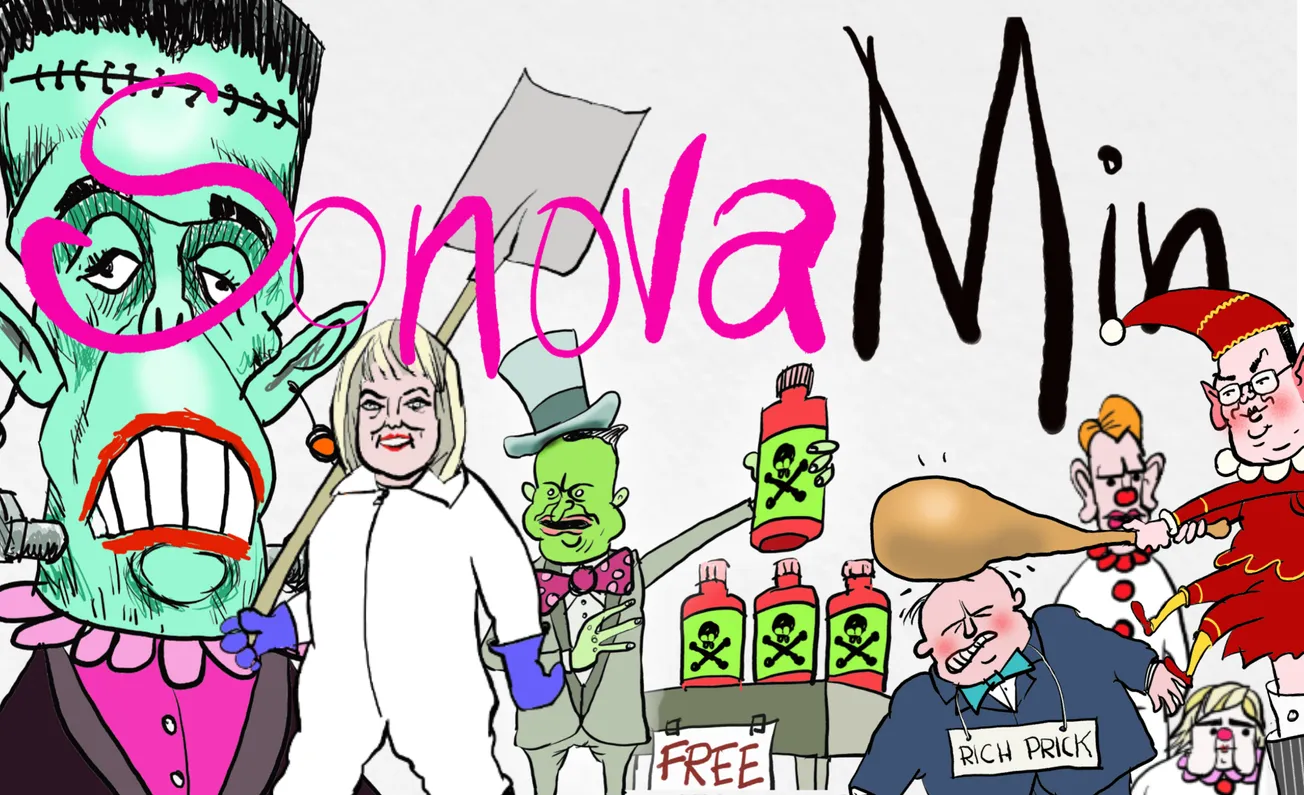Table of Contents
This coming election we will not only be voting on which party we want to hold the balance of power, but we will also be taking part in a referendum on a very controversial and emotionally charged proposed new law. Those of us who are against it cheerfully refer to it as the “Kill Granny bill” whilst those of us who support it prefer the more euphemistic terms, “Euthanasia” or “assisted dying”.
Journalist Caralise Trayes has tackled the challenging topic of the bill in her book The Final Choice which includes interviews with “medical and legal experts, religious leaders, ethicists, and experts on the practice of voluntary euthanasia in other countries.”

Trayes said the she looked at ‘who is this for, what is it seeking to relieve, and why shouldn’t we be allowed this?’ She came to believe the problem of how we respond to suffering is key to delving deeper.
[…] “The intention [of voluntary euthanasia] is to relieve suffering, and it’s something that those on both sides of this argument actually want to do – but is this an appropriate method?
“[This bill] is intended for very few, the extreme cases probably. I assumed that the people we would be offering this to would be in extreme pain. But internationally, where assisted suicide is legal the motivational reasons for people using this isn’t actually pain.
“In Oregon, 2019 research shows that the primary motivational factor for people choosing this: 90 percent of people use this because their life is no longer enjoyable, 59 percent are saying they’re worried about being a burden on other people, and only 33 percent are actually in pain, or they’re afraid of the pain.”
[…] “I’ve got a mix of both sides, but the reason I’ve got more who who have spoken against it is because 90 percent of those who submitted to the justice select committee said ‘we shouldn’t be voting for this law, this law is not safe and it is not an appropriate solution to suffering’.
[…] “I came into this with this assumption that everybody who would stand against this law would have a religious argument […] but what I discovered and what surprised me is that those that are Christian or Catholic … are on both sides of this debate.
[…] “Seventy-four percent of people think that this assisted dying law will mean they can turn off life support – that’s already legal. We need to get equipped and educated to make a really informed decision – this is a big decision, this is life and death. It’s worthy of that time and commitment.”
rnz.co.nz/national/programmes/sunday/audio/2018752582/new-book-examines-assisted-dying-ahead-of-2020-referendum







